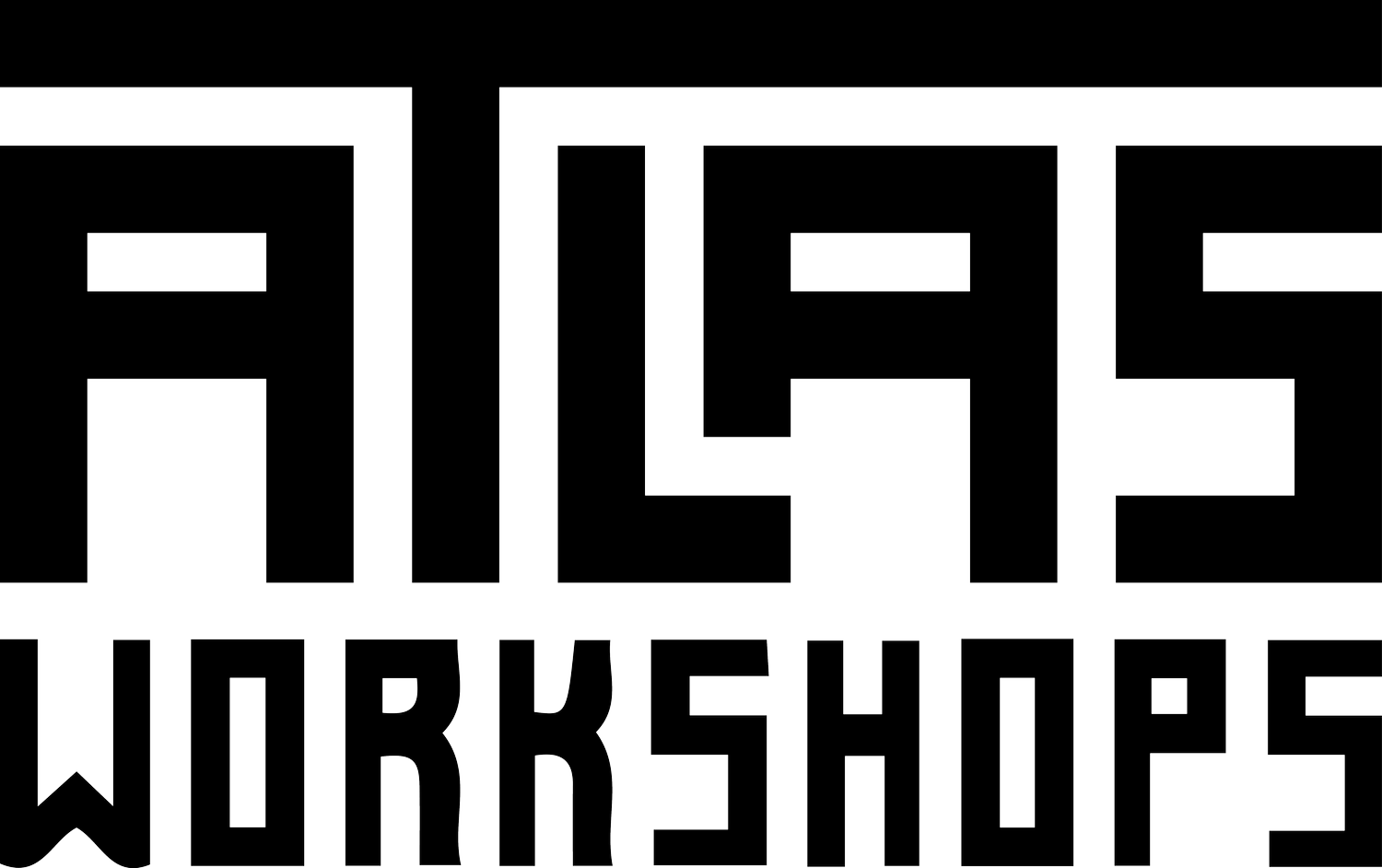Advice on International Travel and College Admissions
Lisa Haubenstock worked in the Admissions Office at Boston University for three and a half years, as an Assistant Director of Undergraduate Admissions. As an undergraduate, she interned in the Admissions Office at Tufts University. She is also an avid traveler, who loves learning new languages. We caught up with Lisa to find out more about how international experiences like Atlas Workshops can help build your resume and make you stand out as a college applicant.
How did your international experiences shape you as a student?

Travel has been a huge part of my life since I was seven, when my parents moved our family to Spain for two years for my dad’s job. Though I probably didn’t appreciate it at the time, I can regularly see how my experiences abroad have affected my views on travel, foreign culture and my ability to study foreign languages.
I took Spanish and French throughout high school (and continued to study French throughout college) and I also picked up Chinese my sophomore year of college. More importantly, these experiences helped me focus my interest within international relations, which was my major in college. International relations is often geared towards foreign policy or economics but I took a slightly different approach by studying foreign cultures and how they are derived and related to one another, a path that allowed me to continue my language studies in addition to anthropology and sociology courses that I really enjoyed.
What makes an application stand out to you?
For me, the most impressive aspect of on an application is when it’s clear that the student put a lot of thought into what he was writing. I’ve always said that writing a really good essay isn’t an easy thing to do—it’s not meant to be easy, which makes a good essay stand out that much more. If I can read an essay and really have a sense of who that student is and be impressed with the way she was able to put that on paper, that’s when I would start going to bat for her in committee.
How does international experience look on an application?
International experience is great because it helps broaden your horizons, it makes you think about people who were brought up in a different way than you were, and (hopefully) allows you to try some really good food. That said, international experience isn’t a requirement for a great application nor does merely having international experience automatically make an application stand out. It’s all about how you work with the experiences you’ve had. I have read some really stand-out essays from students writing about the minimum wage paying job that they took over the summer, and some really run-of-the-mill essays about students who went abroad on a service trip.
So how can a student translate an international perspective into a strong application?
Again, it’s not easy, but I would want a student to have really spent time thinking about what his time abroad meant to him while still letting me get to know him as a person. If you travel to India with 14 other students, you should assume that a lot of those other students are also going write about that trip to India. What was unique about your experience? How can you bring me into your world and help me understand the trip from your perspective?

Moving beyond the admissions process, how can international experiences prepare students to be successful in college and beyond?
Beginning in college, you’re going to be asked over and over again to live or work with people from really different backgrounds than you. No matter where you go to college or what you major in, you will definitely find yourself outside of your comfort zone, and and you will quickly have to learn how to deal with it! Getting exposed to that kind of adaptation early on will make it much easier going forward.
Additionally, being fluent in a foreign language is a truly marketable skill in our economy. It’s very common nowadays for students to have gone through four levels of French or Spanish but fewer students follow through to fluency. Studying abroad for a semester in college is the perfect opportunity to bring your foreign language skills to the next level. Writing that you are proficient in a foreign language on a resume is one thing, but being able to partake in a conversation at the drop of a hat is another (you never know when your interviewer will also know that language!)
Any other tips for college applicants and international travelers?
Don’t just go abroad because you think it will look good on an application or resume. Go because you’ve spent time thinking about where you want to go and why and how you hope that it will affect you afterwards. That type of thoughtful preparation for international travel can then translate into a meaningful college application essay—and will certainly prepare you for many of the challenges college will throw your way!
This is the first of several posts and interviews on the college admissions process, and how international experiences can help you prepare for university. Do you have a question about the admissions process you’d like answered? Post it here, and we’ll be sure to address it in the future!
